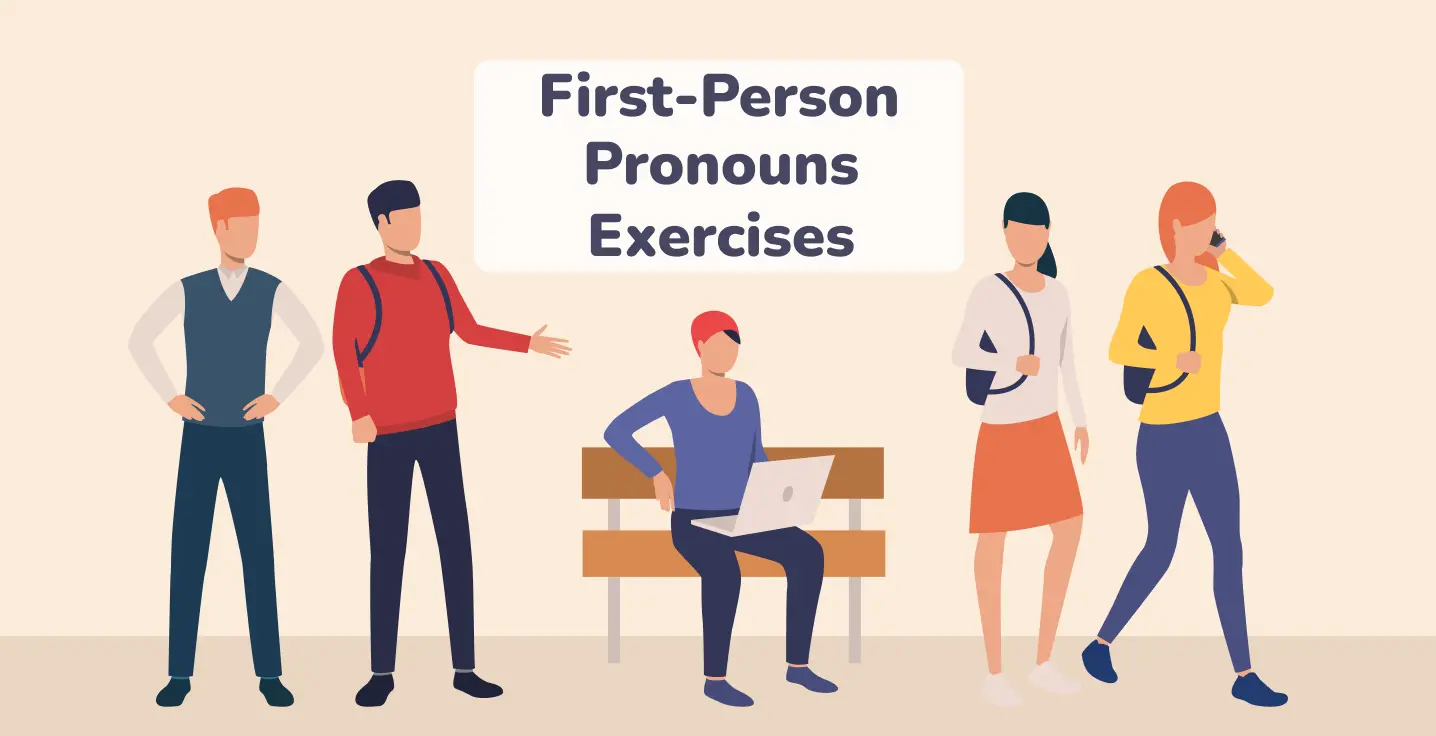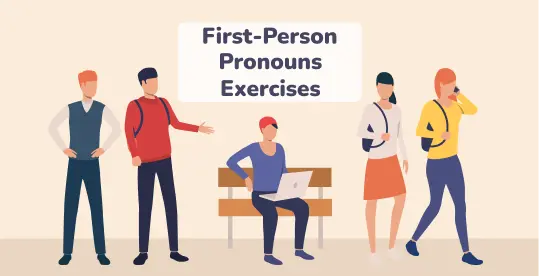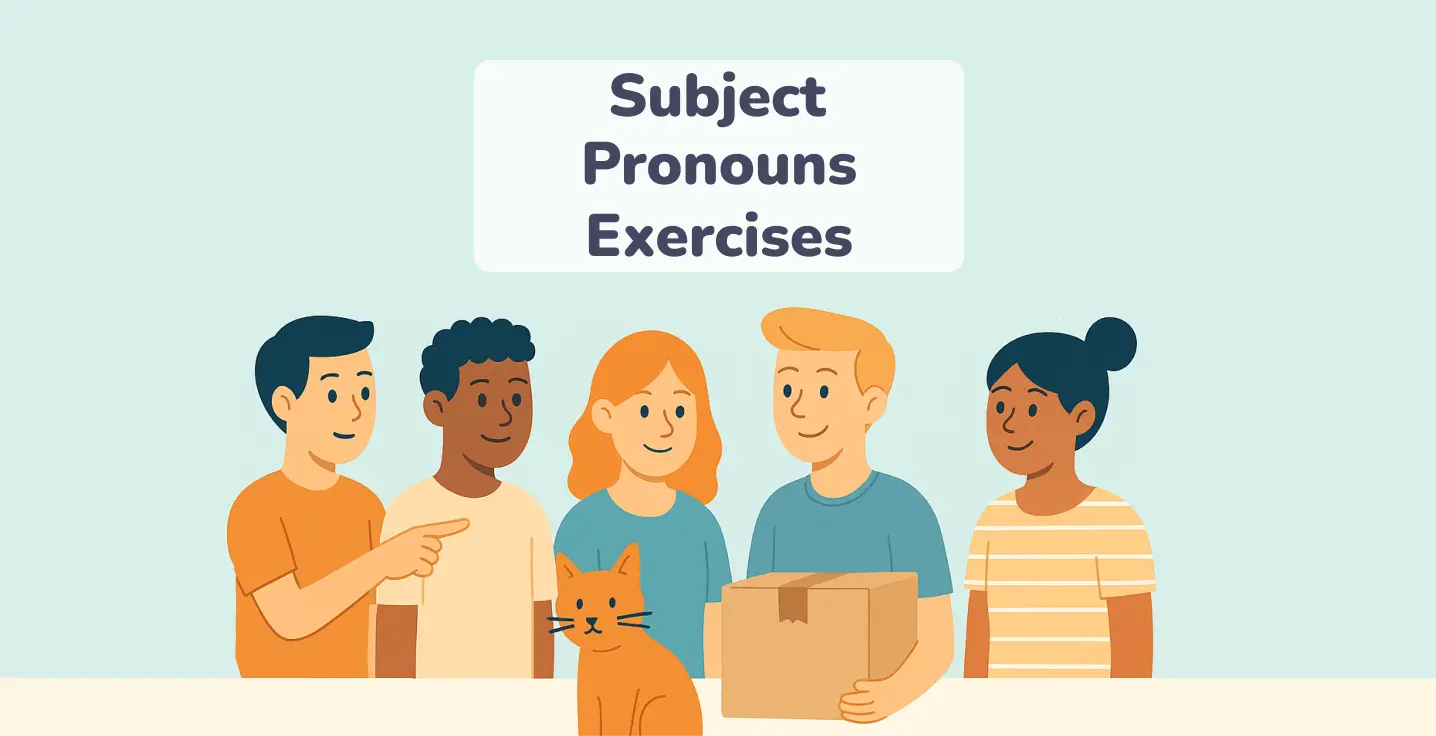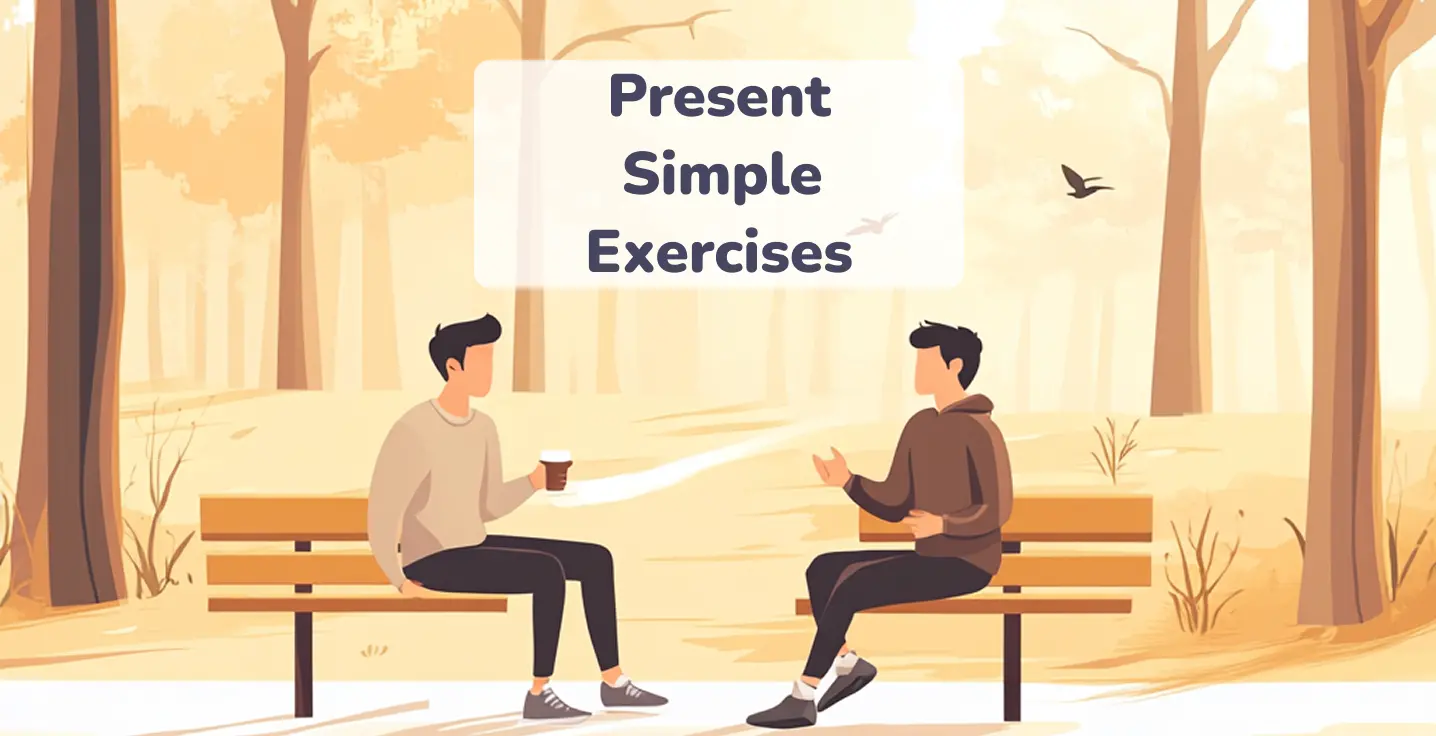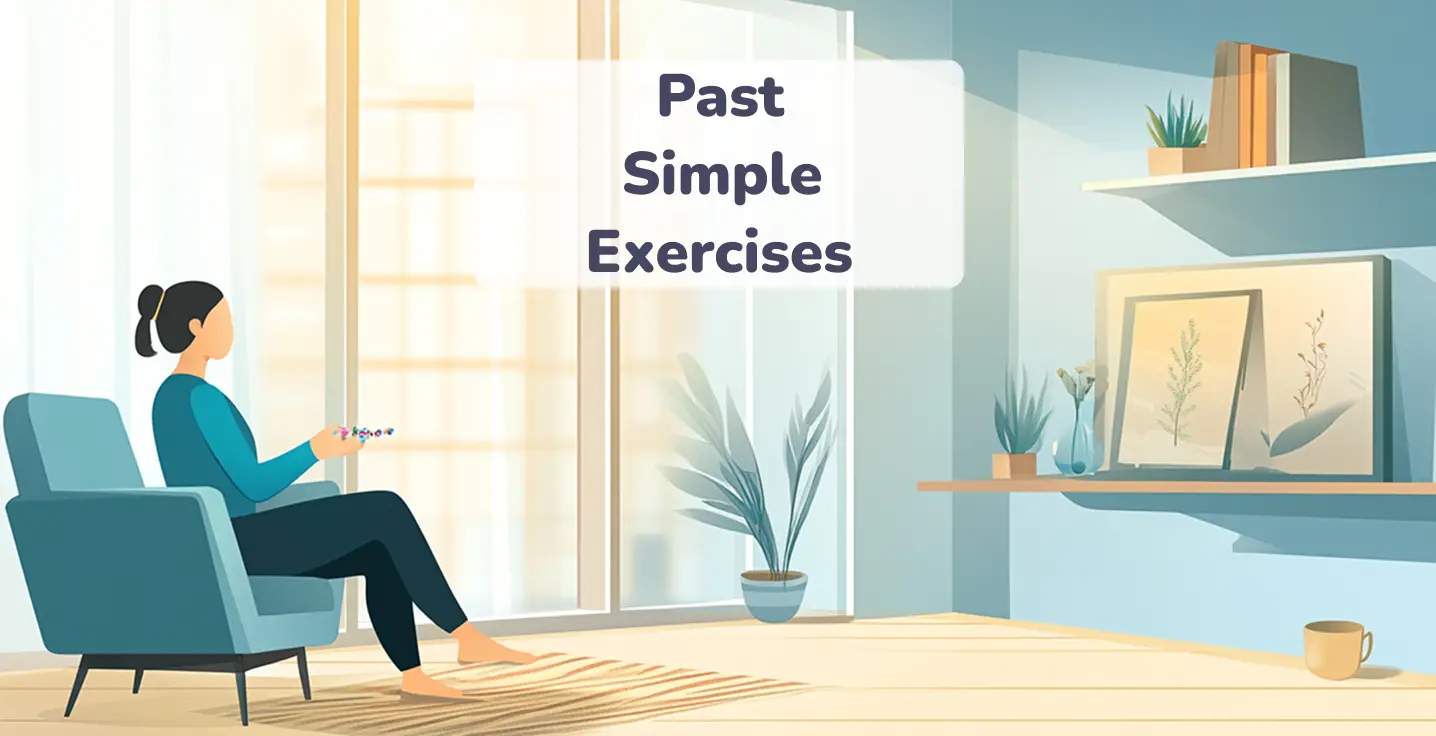First-Person Pronouns Exercises
Tips for doing the first-person pronouns quiz
Taking first-person pronouns practice is a great way to strengthen your grammar and improve your use of personal pronouns. It might seem simple, but using such pronouns correctly takes regular effort. Short, daily workouts help turn rules into habits and make your English flow naturally. Use these helpful hints to get the most out of your first-person pronouns assessment:
- Review the basics. Before choosing an answer, read the sentence carefully. Pay attention to what the question asks — select, write, or match. You can prevent errors and get right to the point of the assignment when you comprehend the task.
- Engage fully. Just selecting an answer won’t make it stick. Speak each sentence, analyze the pronouns, and clarify any confusing words. Full participation strengthens your skills.
- Turn errors into lessons. When using a test with answers, review every wrong choice. Analyze why the appropriate pronoun fits and rewrite the statement accordingly. Making mistakes is a great way to learn.
- Try both solo and group practice. Although studying can be conducted online, group-work projects provide variety. Grammar first-person pronouns activities can be fun to do on your own, and you can even get your friends or classmates to participate. This way, foreign learning would be helpful and interactive in learning basic English.
Doing these exercises regularly will make you a stronger writer and speaker and will help to gain confidence in your daily writing and speaking.
Common mistakes when doing the first-person pronouns test
Making mistakes on the first-person pronoun worksheet is normal, but knowing them enables you to correct them within a short time.
- Confusing subject and object pronouns
Messing up first-person subject pronouns (I, we) with object pronouns (me, us) is a frequent error. Note: objects receive it and subjects perform it.
|
Please tell I the answer
|
Please tell me the answer
|
|
Can you help we with this task?
|
Can you help us with this task?
|
- Forgetting pronoun agreement
Sometimes the mistake comes from not matching first-person pronouns to the correct verbs or sentence elements. Always ensure that singular and plural pronouns in English fit the context.
|
Me wants to join the competition.
|
I want to join the competition.
|
|
Us is responsible for preparing dinner.
|
We are responsible for preparing dinner.
|
Here are some other examples of typical mistakes students may sometimes make; look at them to avoid in the future:
Not checking answers. Failing to review a test with answers prevents learning from mistakes. Always test your answer against the correct answer, and rewrite sentences, where necessary.
Skipping context clues. These mistakes can be caused by disregarding the words around. It is always advisable to read the whole sentence before replying, since the context very often tells us what pronoun we should use.
Misplacing pronouns in compound subjects or objects. The correct arrangement of the pronoun may render sentences clumsy. Always position yourself last in a list, e.g., Mary and I, not I and Mary.
By being aware of these typical oversights, you may avoid them from happening again and gain confidence in your ability to use first-person pronouns exercises with answers appropriately.
Why does practicing first-person pronouns matter?
A small word, yet a large part of the English language is played by first-person pronouns: I, me, we, us. Proper use will make your sentences sound natural and comprehensible. These pronouns may be practiced so that your writing and speaking always communicate what you actually mean in telling a story, answering a question, or engaging in a conversation.
Cause and effect: your overall grammar is also enhanced with practice. First-person pronouns frequently play off verbs, prepositions, and compound subjects, so learning them allows you to identify patterns and gives you the confidence to go further with your English.
Lastly, the ability to make effective use of first-person pronouns exercise influences the way other people see your English. When you use pronouns correctly and clearly, your communication becomes more professional, polished, and interesting. You can be writing an essay, talking with your classmates, or typing on the other side of the Internet, but regular practice makes your language sound relaxed and secure.
Conclusion
Drills about first-person pronouns are a necessary component of effective, correct and self-confident English speech. Regular first-person pronouns exercise with answers also makes you avoid typical errors, improves grammar proficiency and makes your writing and speaking easier.
It is important to keep practicing, going through exercises, and thinking about your responses. This strategy will enable you to learn English and gain permanent confidence.



